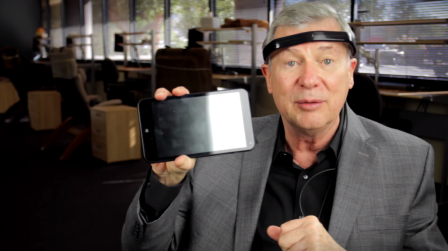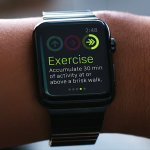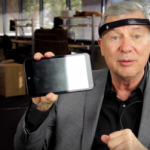Research suggests sleep wearables could reduce PTSD risk
Research suggests sleep wearables could reduce PTSD risk

Wearables that are able to relax the brain could reduce PTSD, according to new research provided by Brain State Technologies and Wake Forest School of Medicine.
The research suggests that people suffering from insomnia, a sleep disorder that 10 to 30 percent of adults suffer from each year, are at a similar PTSD risk level as ex-military service members.
See Also: Can a wearable allergy-proof your child?
Brain State also claims that sleep disturbance is one of the hardest PTSD symptoms to treat, since medication for sleeping tends to have side effects like illness and addiction. With a wearable that relaxes the brain, it may reduce the chance of waking up in the middle of the night.
“We are excited about presenting this analysis to military health researchers, because prevention efforts tend to get too little attention. We think that focus on sleep quality could reduce PTSD not only in the military, but also in police, medical first-responders, and others who have high exposure to trauma,” said Brain State CEO Lee Gerdes.
Brain State provides a wearable, the Braintellect 2, which offers this type of brain relaxing functionality. The patient wears the device on their head and listens to rhythms of varying pitch, which reduce the amount of stress or excitement in preparation for rest.
The Braintellect 2 is quite an expensive piece of kit, at $ 1,195. It is also not the most compact design—it comes with the headband, a Bluetooth wireless control box (that connects to the headset through a wire), a pair of headphones, and a customized Windows tablet.
That’s a lot, but may be worth it for those suffering from insomnia or PTSD. Hopefully in the next few years, Brain State or some other firm can reduce the footprint of the device. Swapping the Windows tablet with an iOS/Android app and integrating the Bluetooth control box into the headband would be two smart moves.
The post Research suggests sleep wearables could reduce PTSD risk appeared first on ReadWrite.
(31)










